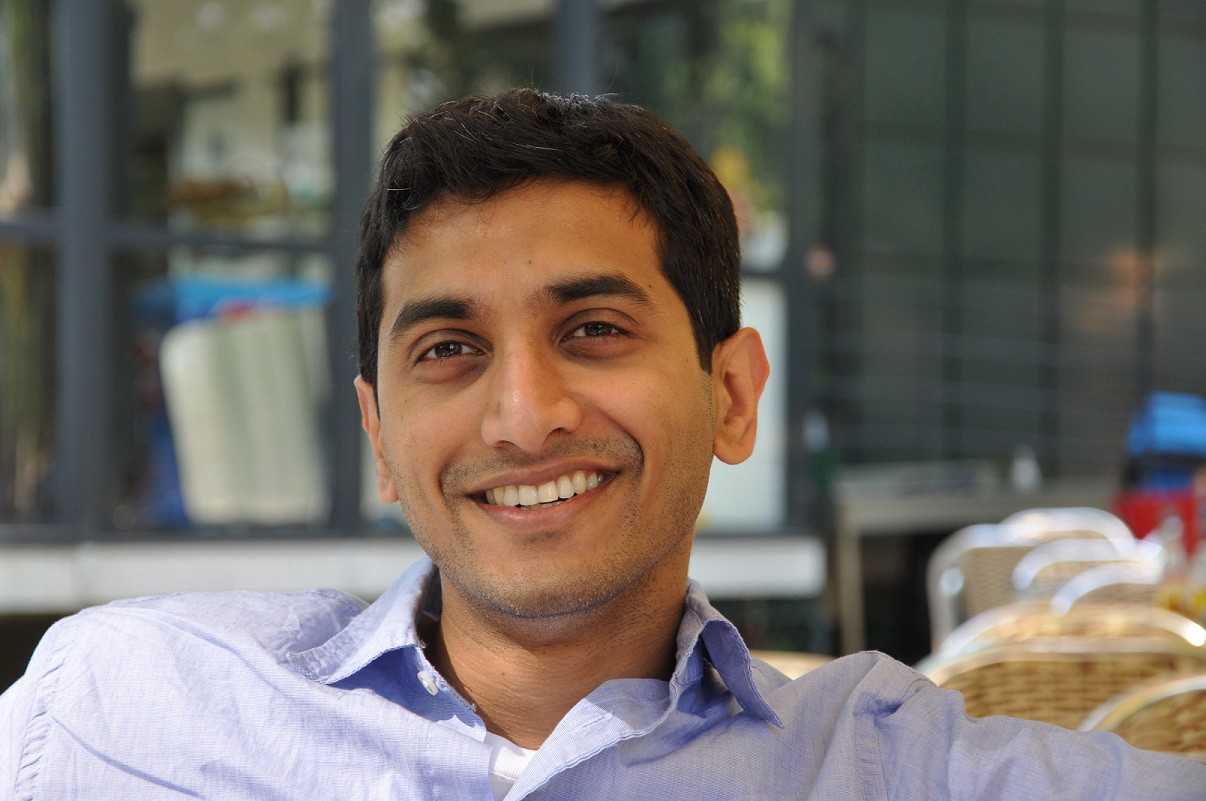“Linking to high-quality sites to back up facts is crucial for readers to trust the evidence presented. Ideally, link to original studies and sources versus summaries compiled by another news outlet. Tweets, videos, photos are great but often tend to present information without context. Links from high-quality sites provide the context that further increases trust.”
I had the pleasure of interviewing Arjun Moorthy, co-founder and CEO of CivikOwl, where he builds tools to help people figure out what news they can trust. Before CivikOwl, Arjun was VP of Business Development at HubSpot. He holds an MBA from Stanford University and a degree in computer engineering from the University of Waterloo.
Thanks so much for doing this interview. Tell us about your backstory.
I’m not a journalist. I’m an avid reader like many of you who enjoy reading a well-written, thought-provoking article. Indeed many of the best conversations I’ve had with friends were sparked by something we read.
When my friend and I noticed that the news industry was being decimated due to a loss of advertising revenue we thought we could apply our engineering backgrounds and create products to help. That was in early 2016, and after a few failures, we’ve seen some success with CivikOwl’s scoring of news articles for quality.
How has fake news impacted journalism in 2018? Has it changed the way we consume news day-to-day?
Fake news has made news quality a mainstream issue while previously it was something only avid news readers considered. At CivikOwl, we built software to help people avoid fake news and uncover the highest quality articles on any story they are interested in.
Our software instantly scores the quality of news articles based on two factors: the richness of citations in an article and the prevalence of articles with de facto experts in 1000+ topics. In simple terms, articles that have several links to high-quality external sources are valued. And articles that are being read by people who consistently read a topic are considered to be quality.
We used this approach to score almost 200,000 articles from 250 publishers and produced the chart below of publisher quality vs. political bias. This can help people identify quality sources of news and get a broader perspective on issues that matter to them.
What has made this project particularly challenging from the credibility perspective, and why?
CivikOwl’s software cannot definitively say something is “fake news”. That often requires human judgement. But our approach of identifying the best-researched article on any story is a simple and highly effective way of avoiding fake news.
Many people question whether supporting facts and evidence are true. How can journalists present them as trustworthy in their work?
Linking to high-quality sites to back up facts is crucial for readers to trust the evidence presented. Ideally, link to original studies and sources versus summaries compiled by another news outlet. Tweets, videos, photos are great but often tend to present information without context. Links from high-quality sites provide the context that further increases trust.
What tools help do you use that help make life as a credible journalist easier?
Aside from CivikOwl one tool I’d recommend is Google reverse image search. This is helpful in finding out if an image in a story was lifted from a previous story and hence may not match the story at hand.
What are your “5 Ways Journalists Can Win Back Trust In Journalism” and why?
Our quality scores have proved popular with people as it matches their intuition on what is a well researched article. So I’d recommend that journalists can increase trust with readers by doing the following:
- Be explicit about your sources and link to them in your article (do not optimize for keeping traffic on your site).
- Aim for several high-quality sources from across the political spectrum to show that you’ve considered multiple sides to an issue.
- Do not repeat sources to make it look like you have several references.
- Minimize use of emotion-loaded headlines that frame the issue for your reader.
- Establish subject matter expertise by writing consistently on a topic.

If you could inspire a movement that would bring the most amount of good to the most amount of people, what would that be? You never know what your idea can trigger.
Read one well-written, long-form article each week. Increasing your knowledge of the world around you is the best way to appreciate others and what you already have.
Can you please give us your favorite “Life Lesson Quote”? Can you share how that was relevant to you in your life?
My father often said to me “Do your duty and leave the rest to God.” The context was usually some exam I was studying for where he would remind me not to worry about coming first but rather just doing my best.
I took away from this that if I do my best and I succeed I should remember to be humble because other factors helped me succeed. But I learned much later in life that if I do my best and still fail there too I should not take all the blame because some things are out of my control.
Failure is inevitable if you’re trying something big. But failure hurts a little less if you remember that it’s not all on you. Sometimes your timing was just not great.
That was very insightful. Thank you so much for joining us!
This interview is part of an interview series by TapeACall, the original iPhone call recording app. You can check it out at tapeacall.com.
Originally published at medium.com



